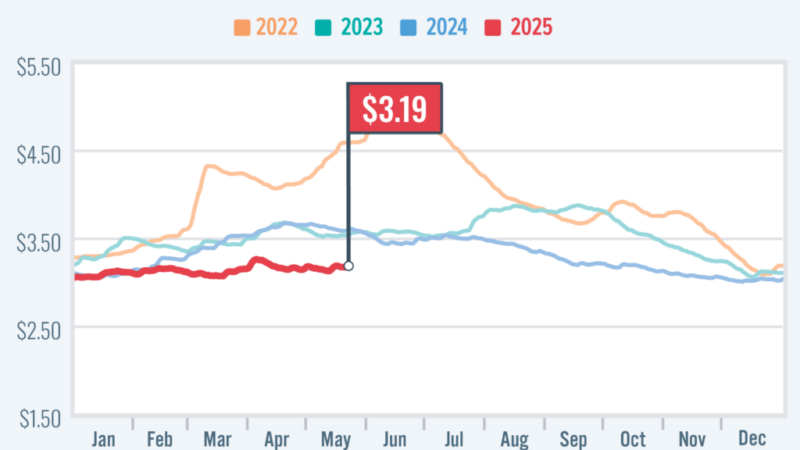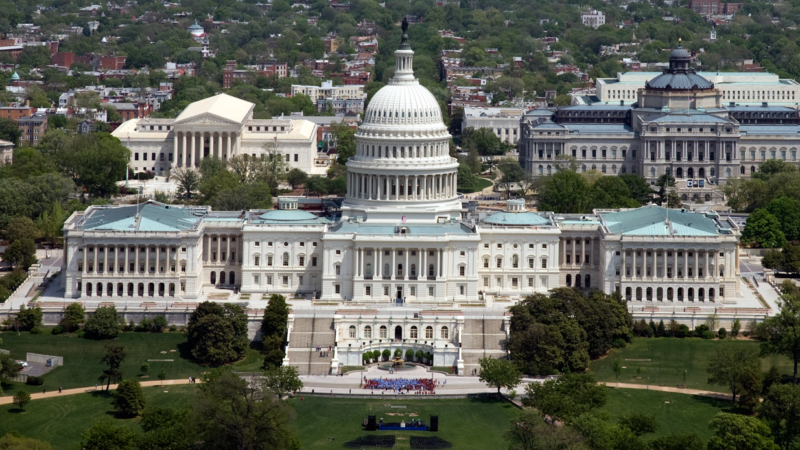CARB Waivers Sent to Congress; Potential for Repeal Exists – RVBusiness – Breaking RV Industry News
EDITOR’S NOTE: The RV Industry Association has been updating its members on various regulations enacted by the California Air Resources Board (CARB) at this link. Today (Feb. 25), RVIA issued the following update regarding CARB’s Advanced Clean Truck (ACT) rule.

On Feb. 19, Environmental Protection Agency Administrator (EPA) Lee Zeldin formally submitted to Congress the EPA’s approval of three California Air Resources Board (CARB) waivers under the Clean Air Act for congressional oversight, allowing for possible repeal of the waivers. At issue are EPA decisions in 2022-2025 to grant waivers to three CARB regulations — the Advanced Clean Trucks rule, the Omnibus Low NOx regulation, and the Advanced Clean Cars II regulation. The EPA waivers on those regulations allowed California to preempt federal standards and will now be submitted to Congress for review, a shift from the approach under former President Biden.
This follows the decision by CARB in January to withdraw the waiver request for the Advanced Clean Fleets rule due to its doubt that a Clean Air Act waiver would be granted.
The decision to seek Congressional consideration of the three waivers could allow Congress to swiftly repeal the standards using expedited procedures under the Congressional Review Act. Votes to repeal the waivers by Congress would effectively overturn the regulations.
Under the Clean Air Act, states generally must abide by federal air pollution standards. However, when the Clean Air Act was adopted, Congress gave California special authority to adopt its own, more stringent limits, preempting federal mandates, subject to individual EPA waiver approvals.
EPA has issued California more than 100 waivers over the past decades. Under the previous Administration, EPA asserted that the waivers weren’t considered federal rules subject to the Congressional Review Act and did not submit them to lawmakers for extra scrutiny.
Legislation to overturn the waivers is expected to be introduced soon. Even if Congress decides to revoke the waivers, they will likely be subject to lawsuits and court deliberations over the next several months.







